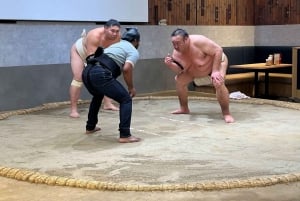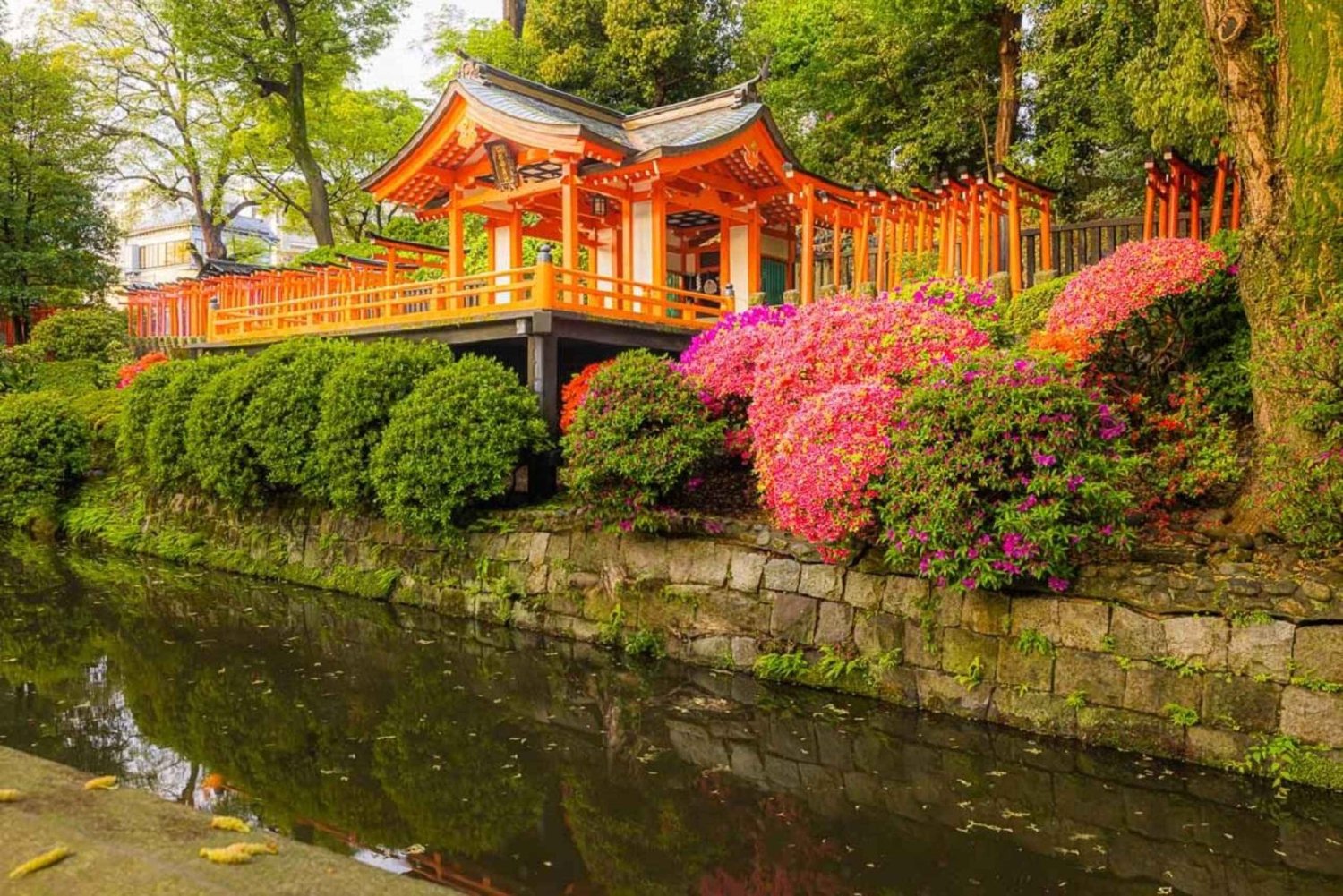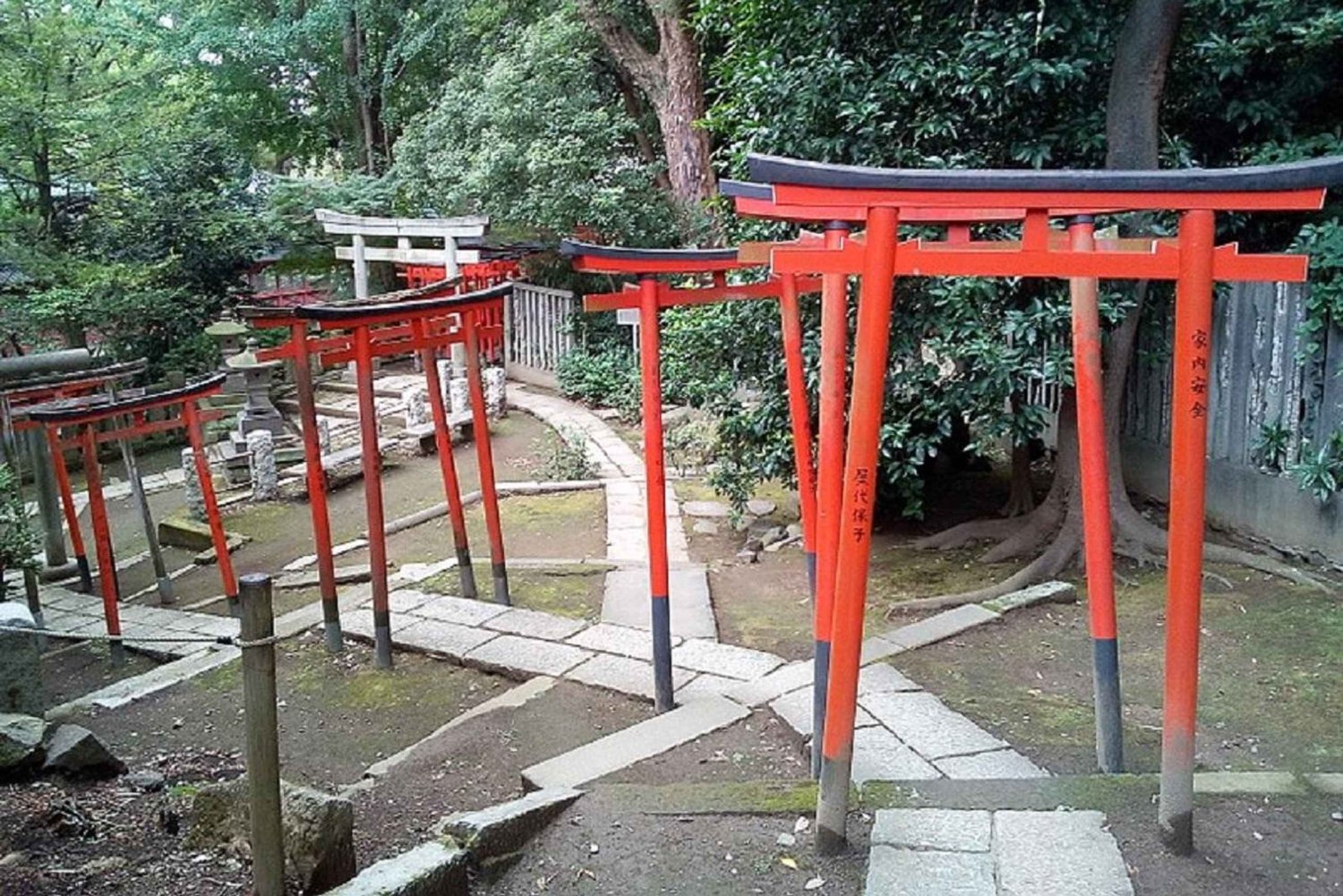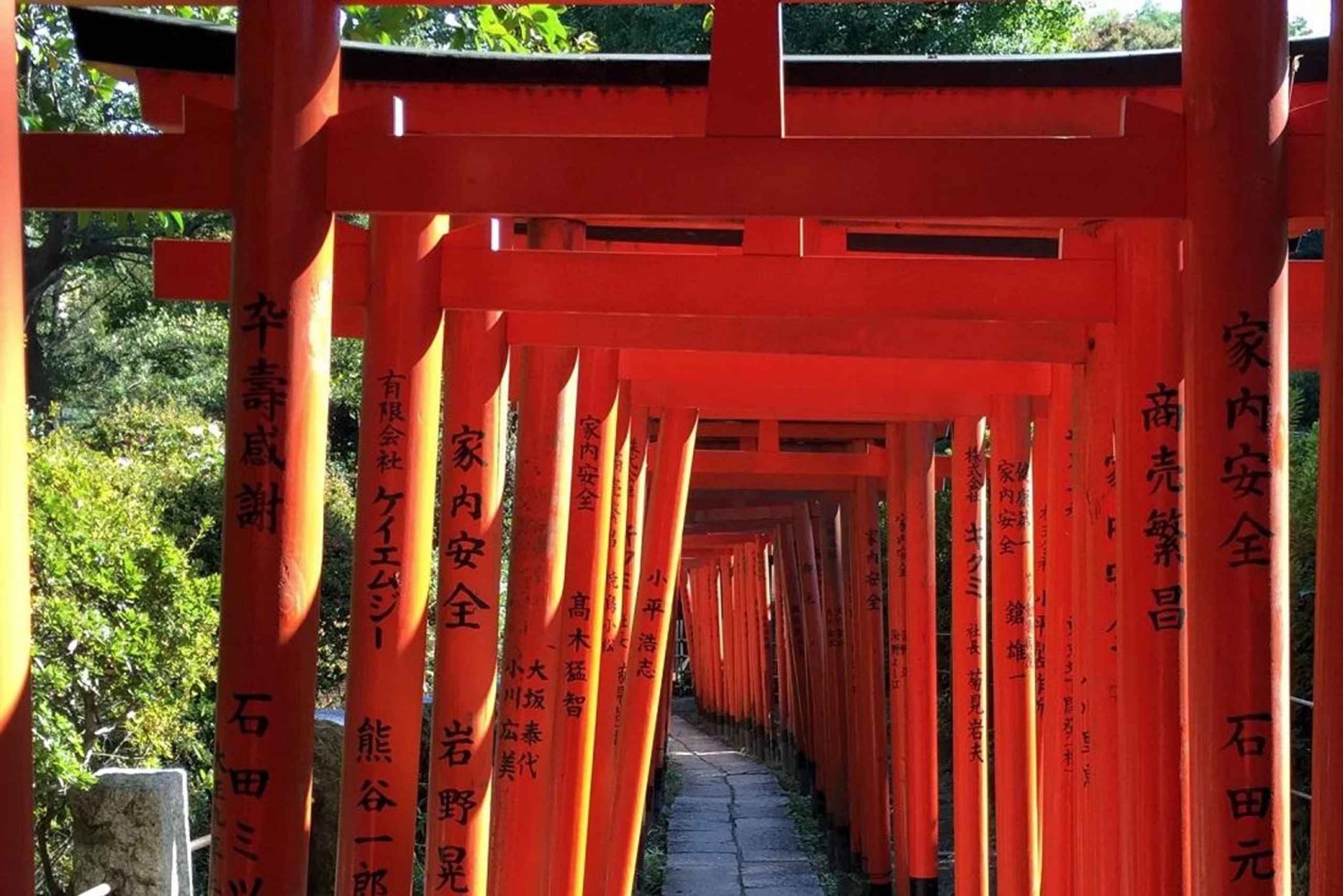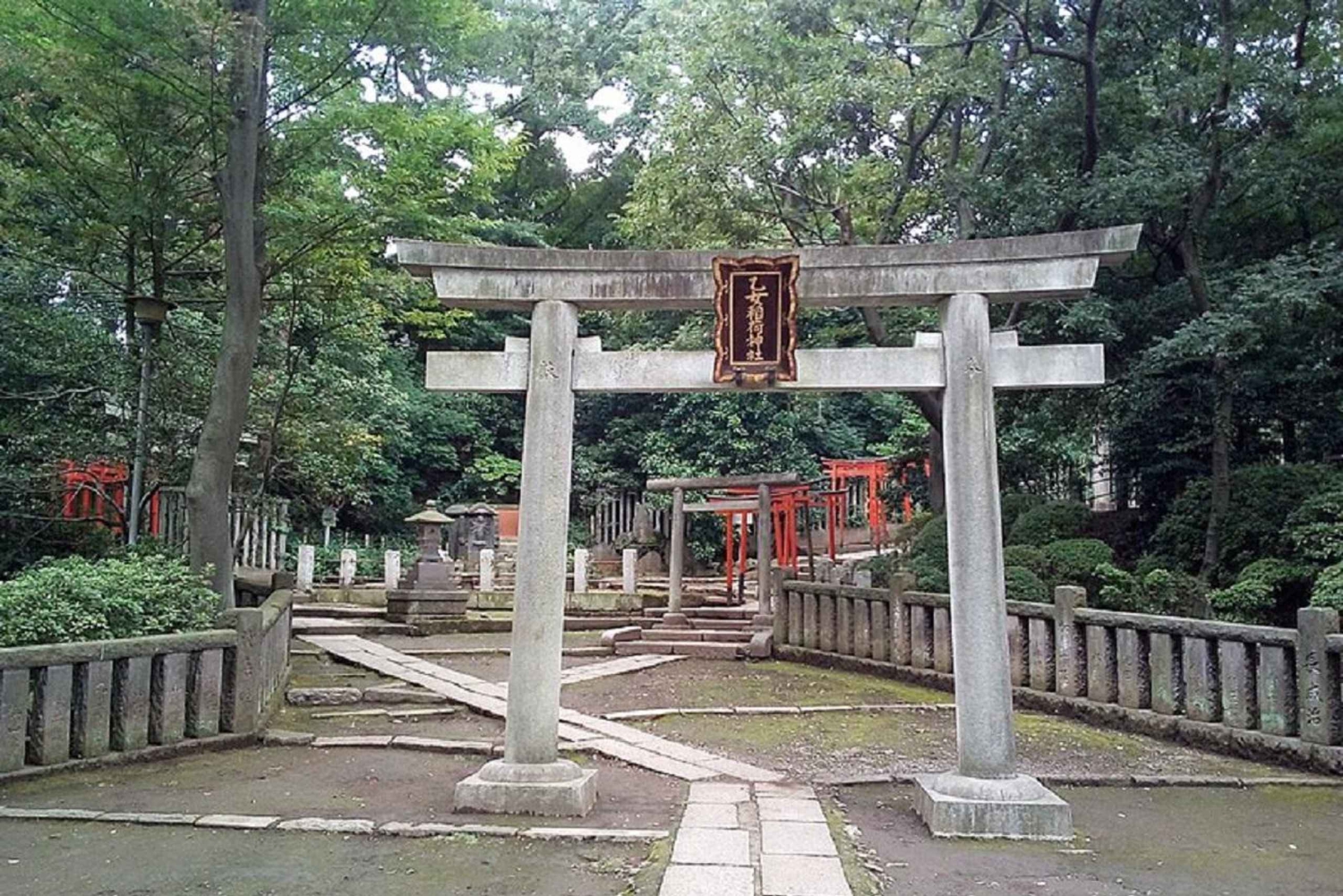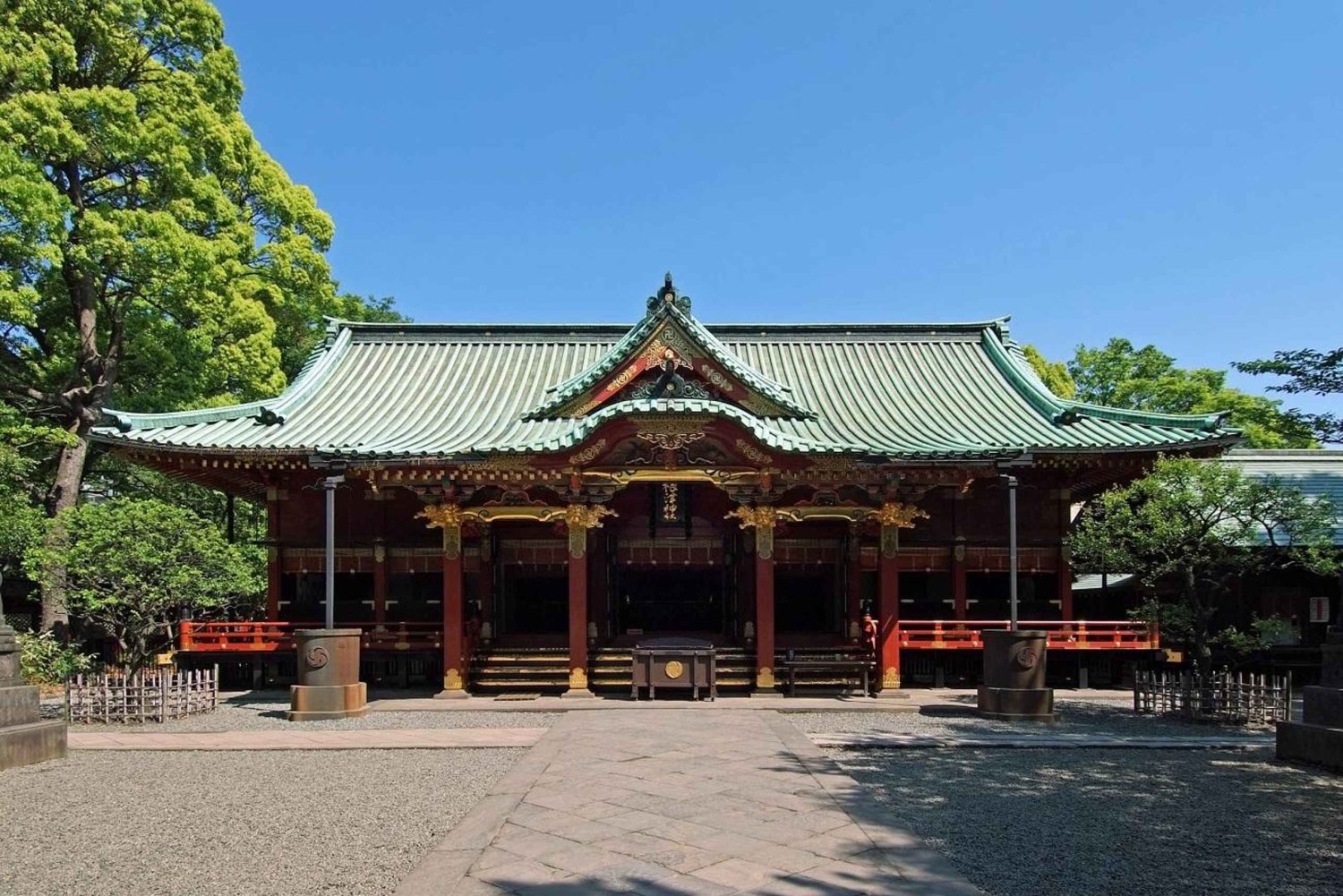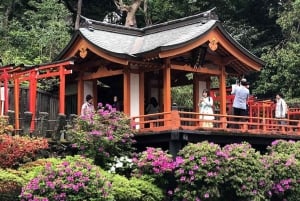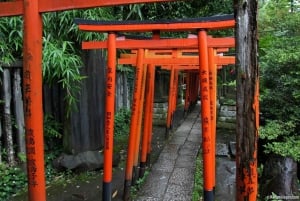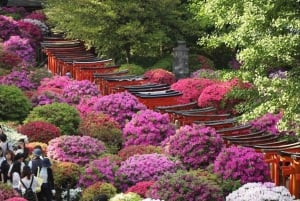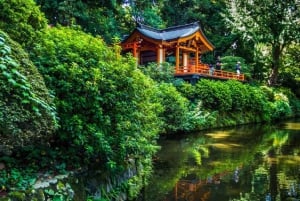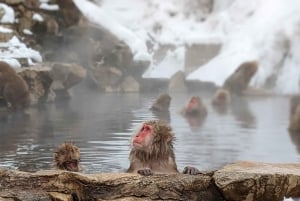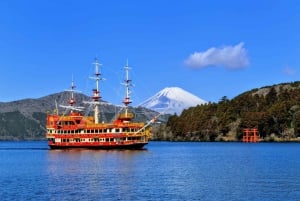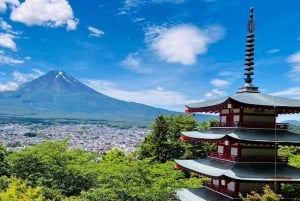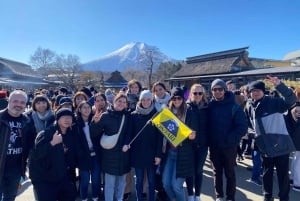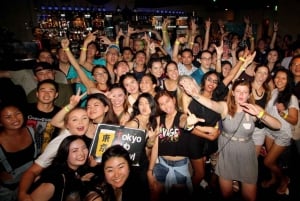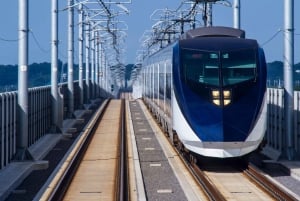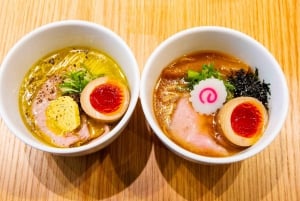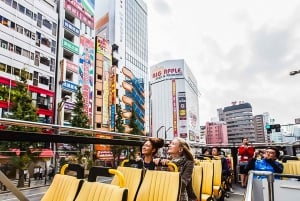Tokyo: Nezu Shrine Guided Tour with Azalea Festival
Family-friendly activities
Seasonal & Holiday Activities
Neighborhood tours
Culture & history
Tours
Art
Guided tours
Landmarks & monuments
Architecture
Sightseeing
Private tours
Garden & park tours
Educational activities
Religious & spiritual activities
Explore Nezu Shrine, one of Tokyo's oldest Shinto shrines, on a guided tour. Discover its Edo-period architecture, vibrant azalea gardens, and the famous Bunkyo Azalea Festival.
Highlights
- Immerse yourself in the serene beauty of Nezu Shrine, a historic sanctuary
- Explore the shrine's Edo-period architecture and vibrant azalea gardens
- Walk through a tunnel of vermilion torii gates, reminiscent of Kyoto's Fushimi Inari
- Discover the legends and history behind Nezu Shrine, founded nearly 1,900 years ago
- Experience the Bunkyo Azalea Festival, with over 3,000 azalea bushes in bloom
Description
Explore Nezu Shrine, one of Tokyo’s oldest and most enchanting Shinto shrines. With a history spanning nearly 1,900 years, this sacred site offers a peaceful retreat from the busy metropolis. Famous for its Edo-period architecture, vibrant azalea gardens, and striking vermilion torii gates, Nezu Shrine beautifully blends historical significance with natural beauty, making it a must-visit for culture lovers and nature enthusiasts alike.
Steeped in mythology and tradition, Nezu Shrine is said to have been founded almost two millennia ago by the legendary prince Yamato Takeru no Mikoto. Initially located in Sendagi, the shrine was originally dedicated to Susanoo-no-Mikoto, the Shinto deity of the seas and storms.
Its importance grew during the Edo period when the fifth Tokugawa shogun, Tokugawa Tsunayoshi, moved it to its present location in 1705. This relocation commemorated the adoption of Tokugawa Ienobu as his successor, with the shrine becoming Ienobu’s guardian temple.The shrine’s influence extended into the Meiji era, when Emperor Meiji transferred the imperial capital to Tokyo in 1868. Envoys were dispatched to Nezu Shrine to seek divine blessings for the new era, further cementing its place in Japanese history. Remarkably, Nezu Shrine withstood the Great Kanto Earthquake of 1923 and the bombings of World War II without damage. As a result, it remains one of the few sites in Tokyo where visitors can still experience authentic Edo-period shrine architecture.Nezu Shrine is a prime example of Gongen-zukuri architecture, an ornate Edo-style design also seen at the famous Nikko Toshogu Shrine. The complex includes several important cultural properties:
* Romon Gate (楼門): A two-story gate built in 1706, richly decorated with carvings and vivid colors.
* Karamon Gate (唐門): A Chinese-inspired gate featuring a curved gable roof and intricate details.
* Honden (本殿): The main hall built in the Ishi-no-ma-zukuri style, housing the enshrined deity.
* Sukibei (透塀): A latticed wall stretching over 200 meters, surrounding the honden with elegance and mystery.
One of the most iconic attractions is the tunnel of vermilion torii gates, reminiscent of Kyoto’s Fushimi Inari Taisha. Winding up the hillside, the pathway leads to the Otome Inari Shrine, dedicated to the deity of rice and prosperity.
The harmony between architecture and nature is another highlight, with the shrine’s ornate buildings reflected in tranquil ponds that change with the seasons.
Every spring, Nezu Shrine becomes the stage for the Bunkyo Azalea Festival (Tsutsuji Matsuri), held from early April to early May. The shrine’s hillside garden, Tsutsuji-yama, bursts into bloom with over 3,000 azalea bushes spanning 100 varieties.This event is one of Tokyo’s most popular spring celebrations, drawing crowds from across Japan. Even those unable to attend can enjoy video footage that captures the breathtaking scenery.
Includes
Visit to Nezu Shrine
Exploration of Edo-period architecture
Viewing of azalea gardens
Walk through vermilion torii gates
Participation in cultural activities and games
Viewing traditional performances
Important Information
- Nezu Shrine is one of the oldest Shinto shrines in Tokyo
Famous for its Edo-period architecture and azalea gardens
Hosts the Bunkyo Azalea Festival from early April to early May
Visitors can participate in traditional rituals and cultural activities
The shrine is part of the Tokyo Jissha (Ten Shrines of Tokyo)
Nezu Shrine is a popular venue for traditional Shinto weddings
Easy cancellation
Cancel up to 24 hours in advance for a full refund
